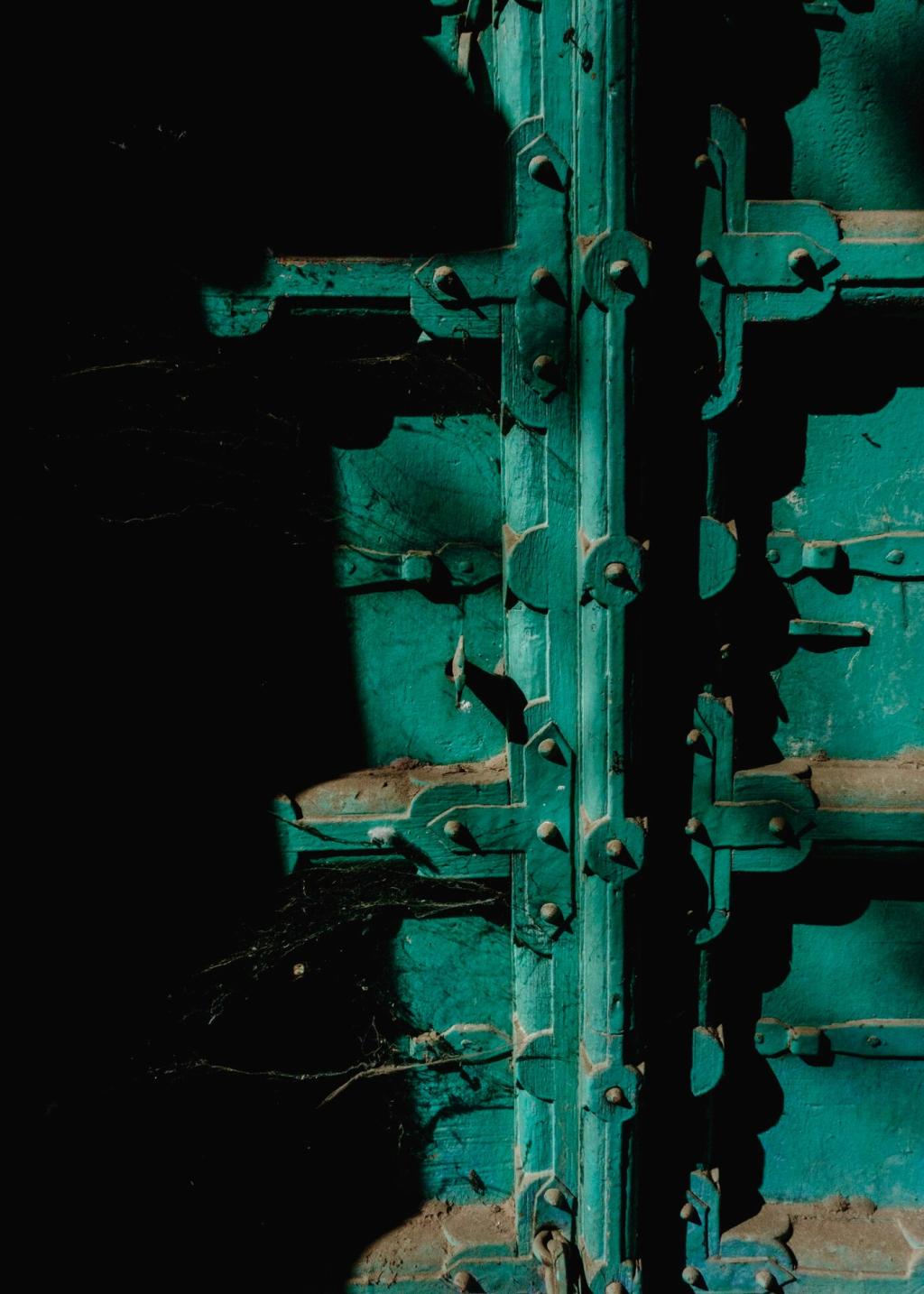
Water Efficiency Strategies in Home Design
Today’s chosen theme: Water Efficiency Strategies in Home Design. Step into a home that honors every drop—combining smart design, technology, and daily rituals to create comfort, beauty, and meaningful savings you can feel and measure.
Short Runs, Faster Hot Water
Place the water heater centrally and keep hot water lines short, minimizing stored water in pipes. You’ll get warm water faster, cut wasted gallons, and notice comfort improvements every single morning.
Manifold Systems and Zoning
Home-run PEX manifolds deliver water directly to each fixture, reducing pressure drops and leaks. Zoning lets you isolate lines for maintenance, while targeted supply means fewer gallons lost before warmth arrives.
On-Demand Recirculation Done Right
Use motion- or button-activated recirculation instead of always-on loops. You’ll enjoy instant hot water at peak times, with far less standby heat loss and significantly less water wasted down the drain.
Fixtures That Sip, Not Gulp
WaterSense-certified faucets, showerheads, and toilets typically use 20–30% less water without compromising performance. Look for the label, compare flow rates, and share your favorite finds with fellow readers in the comments below.
Fixtures That Sip, Not Gulp
Aerated sprays feel lush by mixing air with water, while laminar streams provide precise, splash-free flow. Pair them with thermostatic valves to avoid fiddling, save water during warmup, and maintain consistent comfort every day.
Fixtures That Sip, Not Gulp
Choose dual-flush models with light and full options, or vacuum-assist designs for powerful clears at low volumes. You’ll reduce daily usage significantly without sacrificing reliability, hygiene, or the satisfying silence of efficient engineering.
Landscapes That Drink Wisely
Native and climate-adapted plants thrive with minimal irrigation and fewer inputs. Group species by water needs, provide shade where possible, and celebrate seasonal beauty that doesn’t require a thirsty lawn to shine.
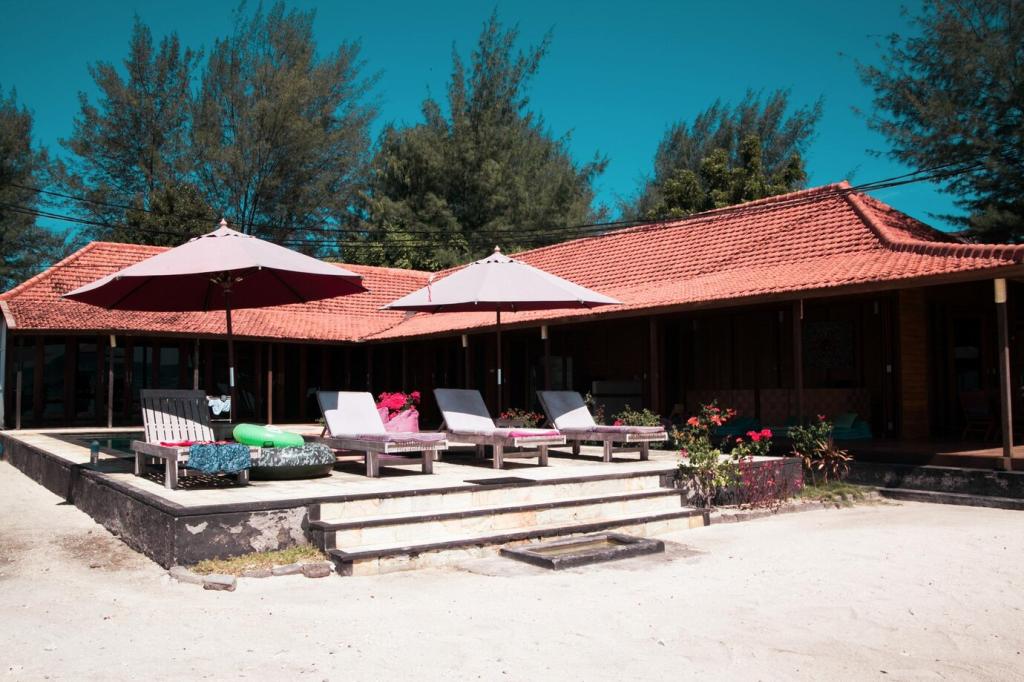
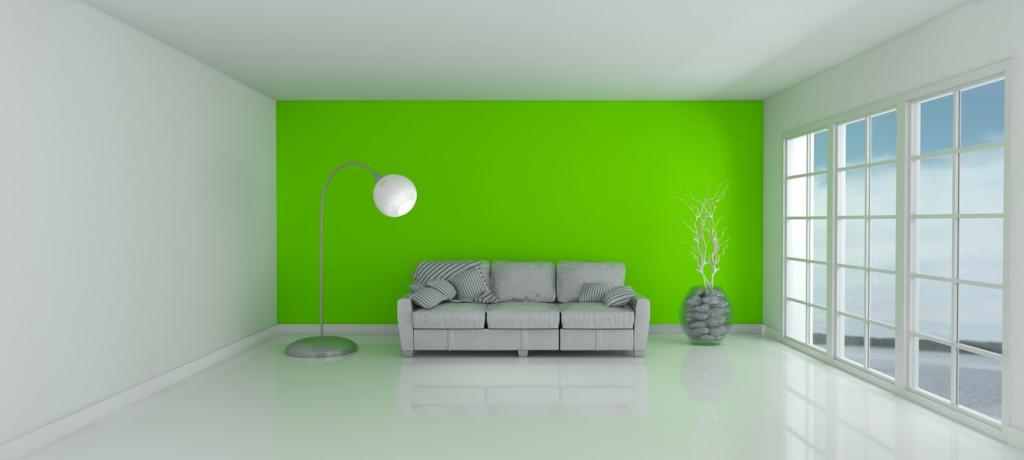
Harvesting Rain and Reusing Greywater
Install rain barrels beneath downspouts with screens and first-flush diverters. Even modest storms can fill a barrel quickly, providing clean, chemical-free water for plants while easing pressure on municipal storm systems.
Harvesting Rain and Reusing Greywater
Upgrading to cisterns adds storage for dry spells. Include sediment filters and a small pump for steady pressure. Label lines clearly and keep potable water separate to ensure safety and stress-free maintenance.
Appliances and Everyday Rituals
Look for ENERGY STAR and low water-factor ratings. Modern dishwashers clean brilliantly without pre-rinsing, while front-load washers use less water and energy. Share your model picks and real-world results with the community.
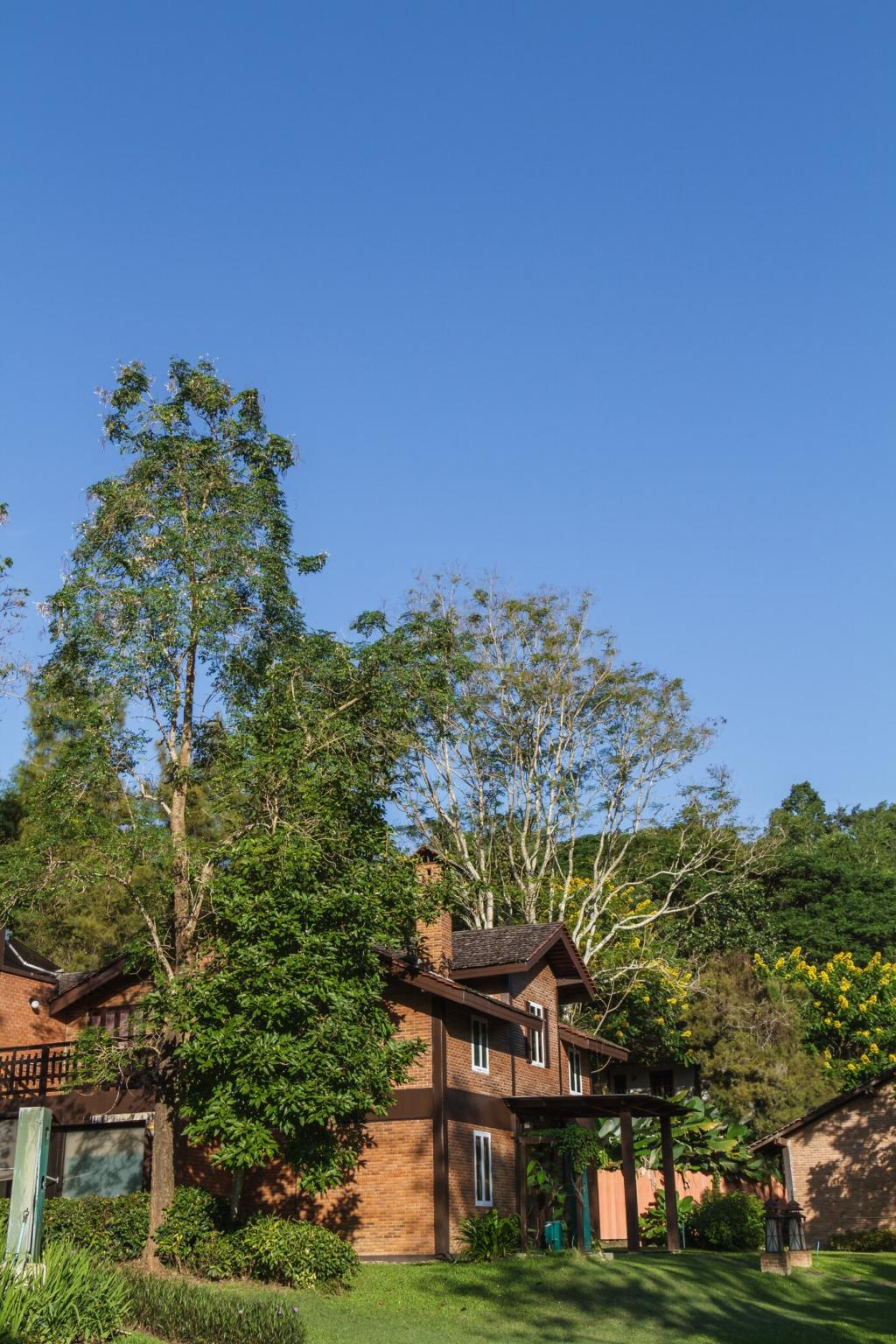
Monitoring, Data, and Leak Defense
Install whole-home sensors that learn normal usage and close valves when anomalies occur. A single prevented leak can fund your entire water-efficiency upgrade, not to mention the stress you’ll avoid.
Monitoring, Data, and Leak Defense
Placing sub-meters on irrigation, accessory units, or pools highlights hidden consumption. Data helps you fine-tune schedules and detect issues early. Share your dashboards and favorite metrics to help others calibrate wisely.
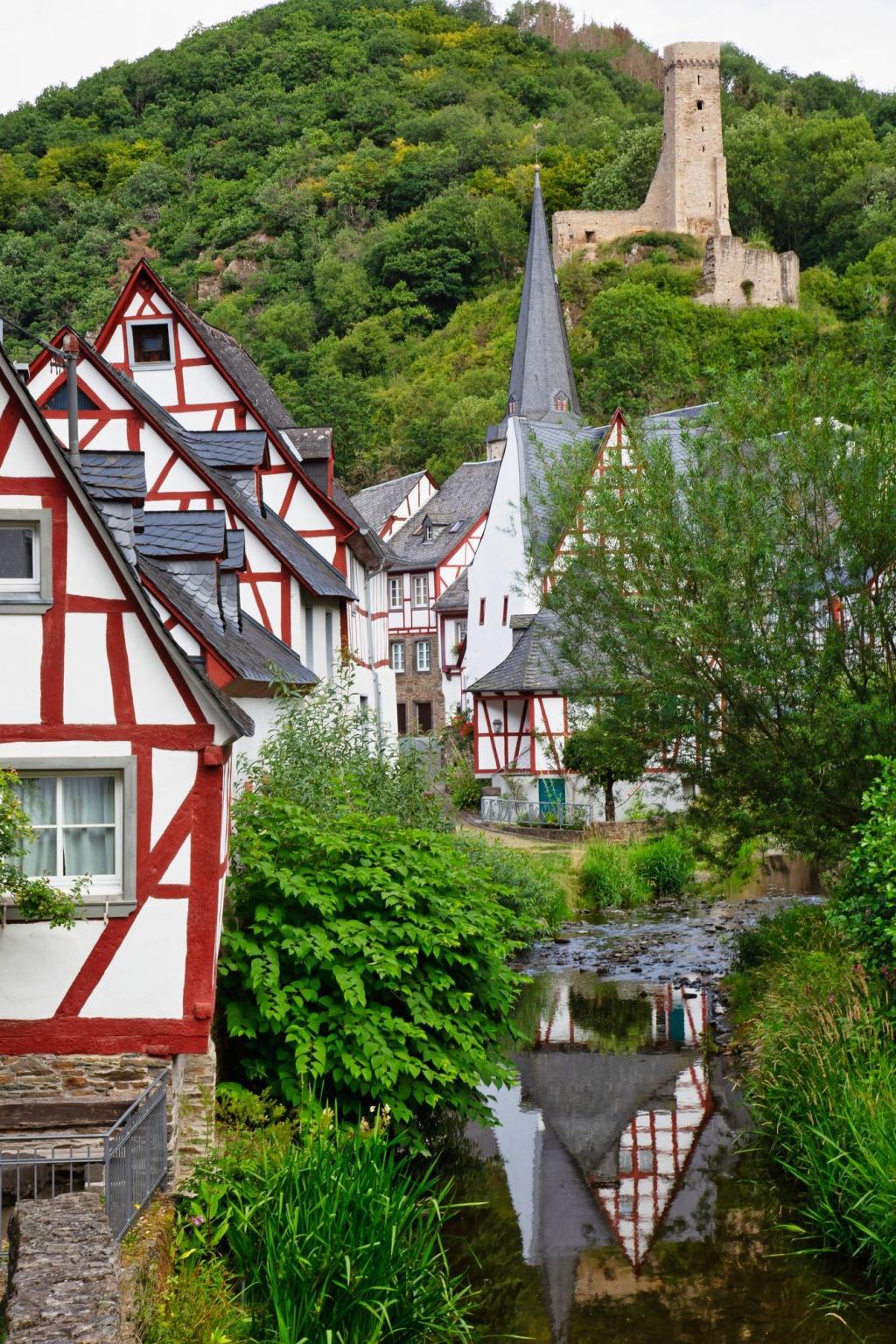
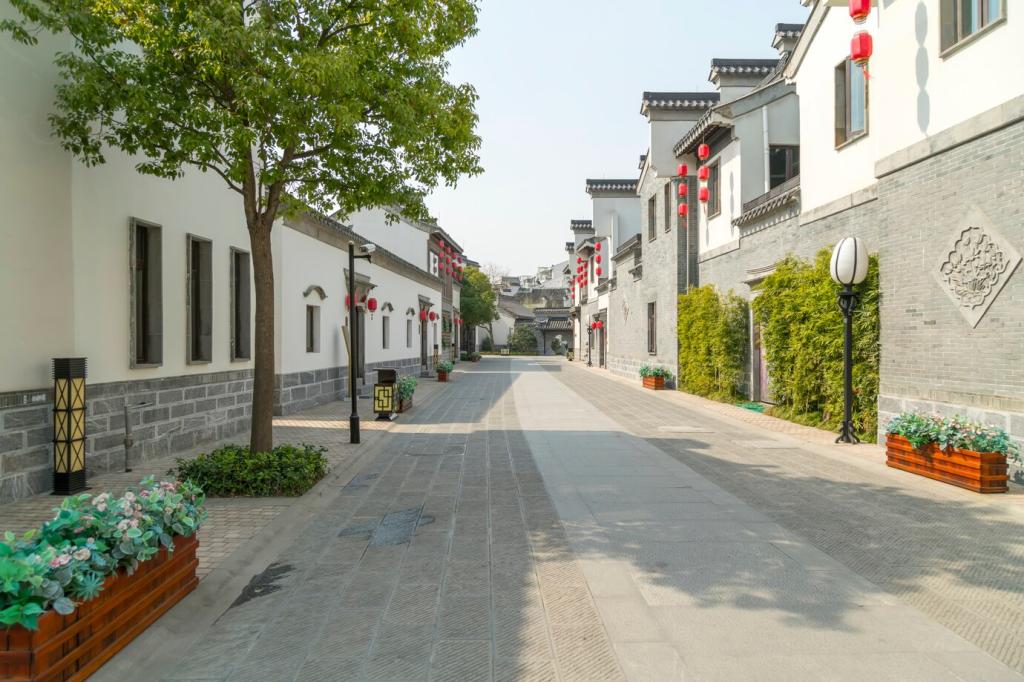
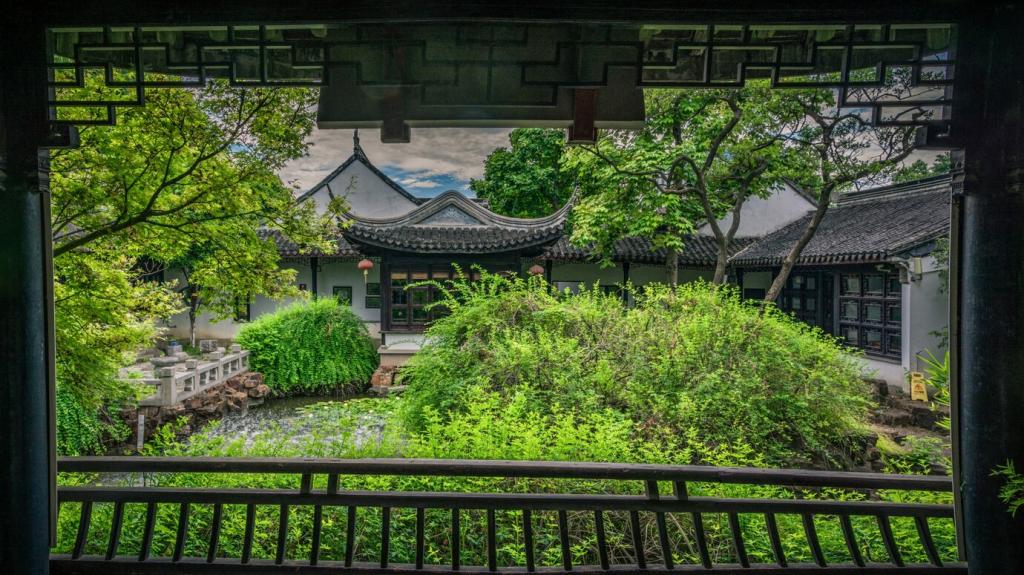
Designing for Tomorrow’s Droughts
Plan for future cisterns, filtration, and recirculation with dedicated electrical, drainage, and labeled stub-outs. You’ll upgrade later without major renovation, preserving finishes and keeping budgets calm and predictable.
Designing for Tomorrow’s Droughts
When one block adopts efficient fixtures and smart irrigation, local reservoirs feel the difference. Encourage neighbors, host open-yard tours, and share this post to spark a ripple of practical conservation across town.
